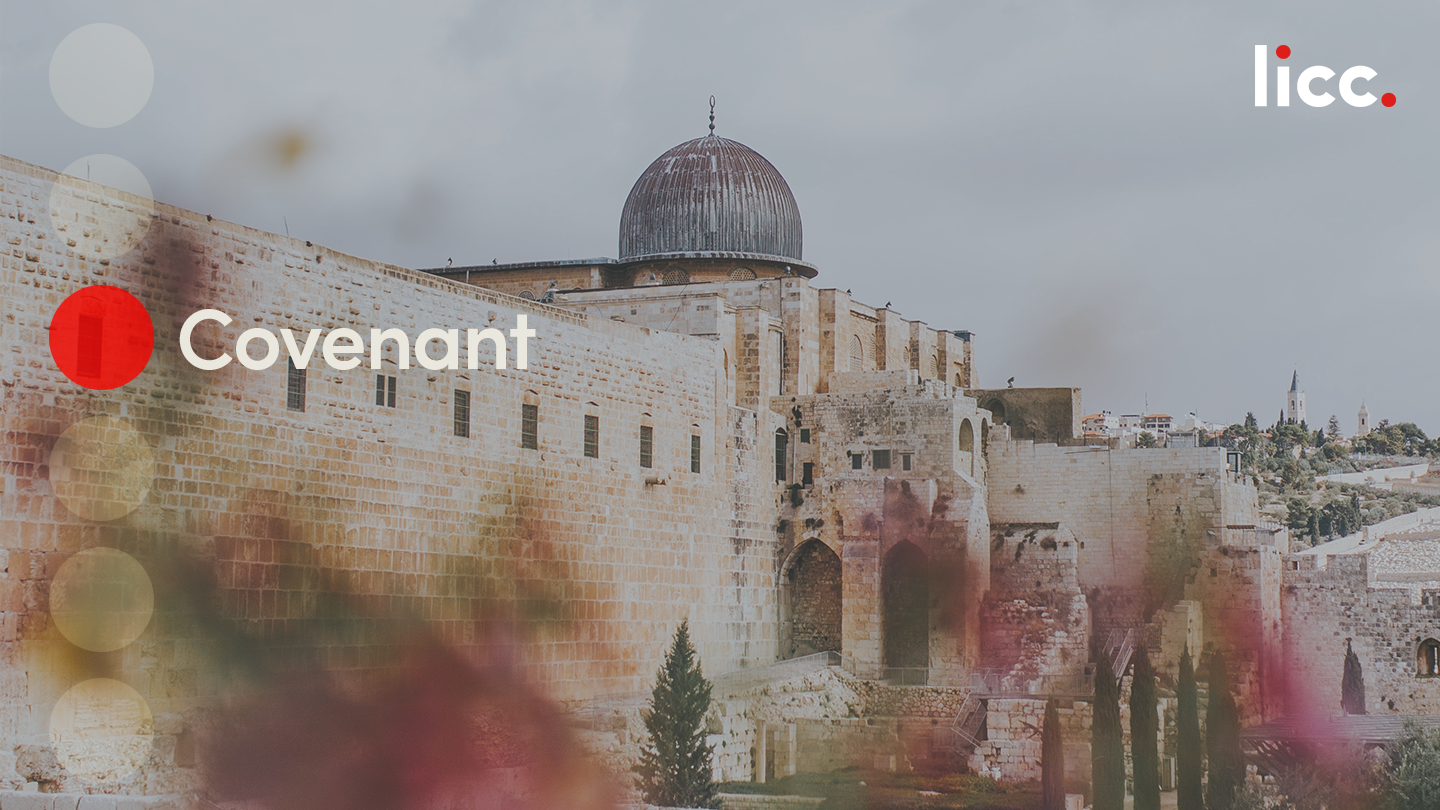Whole Life, Whole Bible: Journey through ScriptureSample


10: Let my people go
Over 400 years had passed since Jacob’s family took refuge in Egypt, when famine struck the eastern Mediterranean. Circumstances change, and his descendants eventually found themselves in slavery to the Egyptians. Did any of them hold on to the promise that God had given to Abraham, or keep in sight even the faintest vision of their destiny?
But God… All through the biblical story, the theme recurs: But God… The account of the exodus shows God as the director, with a cast of hundreds, each one of whom has to play their part. The Hebrew midwives and Moses’ parents, then Pharaoh’s daughter, ensure Moses’ survival and his privileged position in Pharaoh’s court. Then Moses takes centre stage and is given the unwelcome role of hero and deliverer. Even so, of course, the main actor in this drama is God himself; and, as Lord of heaven and earth, he demonstrates his power over the whole of creation — seen, not least, in the plagues, which represent an attack on Egyptian deities (see Exodus 12:12; Numbers 33:4).
On the last evening, when the final plague (the death of the firstborn sons) was to bring Pharaoh to his knees, the Israelites were given particular instructions: to prepare a meal of lamb, bitter herbs and bread without yeast, and to paint the lintels of their doors with the lambs’ blood. Thus the feast of the Passover was instituted — when the destroyer ‘passed over’ the houses on which the blood was daubed — a feast that the Israelites were to celebrate as an annual remembrance, and which Jewish people have observed ever since.
The Passover calls to mind the sovereign call and redemptive action of God and the identity and destiny of his people. As his chosen people, they were to receive an inheritance and be a blessing to the world. That blessing finally reached out to the world at large only when God brought about his second great deliverance. ‘Christ, our Passover lamb, has been sacrificed,’ declared Paul (1 Corinthians 5:7), so that, as he reminded the Galatians (3:14), the blessing promised originally to Abraham might come to the Gentiles.
Thus, God’s purpose for us, as his people today, is not simply that we might receive a blessing but that we might be agents of that blessing, wherever he has placed us.
For further reflection and action
- The exodus is often seen as a foreshadowing of Christ’s work of redemption on the cross. Spend some time thanking God for ‘rescuing us from the dominion of darkness and bringing us into the kingdom of the Son he loves’ (see Colossians 1:13).
- Some Christians have used the exodus story as a model to seek liberation from political oppression. How legitimate is it to employ this one-off event in salvation history in support of political movements today?
- How, today, might we bless others through our words and actions?
Scripture
About this Plan

This 50-day reading plan walks you through the story of the whole Bible, and helps you reflect on how it shapes your whole life – at home, at work, in the neighbourhood. The bite-size readings and real-life application questions help illuminate God’s plan to renew all areas of life. Written by Antony Billington, Helen Parry, and Margaret Killingray, from the London Institute for Contemporary Christianity (LICC). Originally published by BRF.
More









